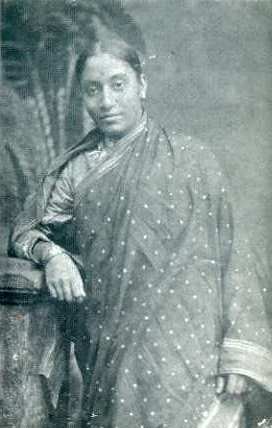Resisting the Restitution of Conjugal Rights
Dr. Kanika Sharma
Tue, April 29, 2025 | 4:15 (CET) | University of Lausanne
Through an examination of the infamous nineteenth century trial of Rukhmabai in colonial India, this paper seeks to examine the ways in which Indian women sought to challenge and negotiate colonial courts.
Married in her childhood to a man that she came to despise, in the 1880s Rukhmabai, an independent heiress, found herself at the receiving end of a suit for restitution of conjugal rights through which her husband sought to recover her person and her fortune. Borne out of English ecclesiastical law, suits for restitution of conjugal rights had only recently been extended to Parsi, Muslim and Hindu marriages in South Asia. Never invited to the courtroom, or given a chance to speak for herself, Rukhmabai was ordered by the court to return to her husband.
Disadvantaged by her gender, her race and colonial subjectivity, and her ‘lower-caste’ status Rukhmabai nevertheless staged a daring campaign on her own behalf. Silenced in the courtroom, she wrote, at first, anonymous and later public letters to newspapers, as well as pamphlets, to highlight her plight. In the midst of the patriarchal cacophony of the court and the mainstream Indian media, Rukhmabai’s own voice offers insight into the ways in which Indian women sought to negotiate colonial courts while offering an early indigenous female articulation of women’s rights.
